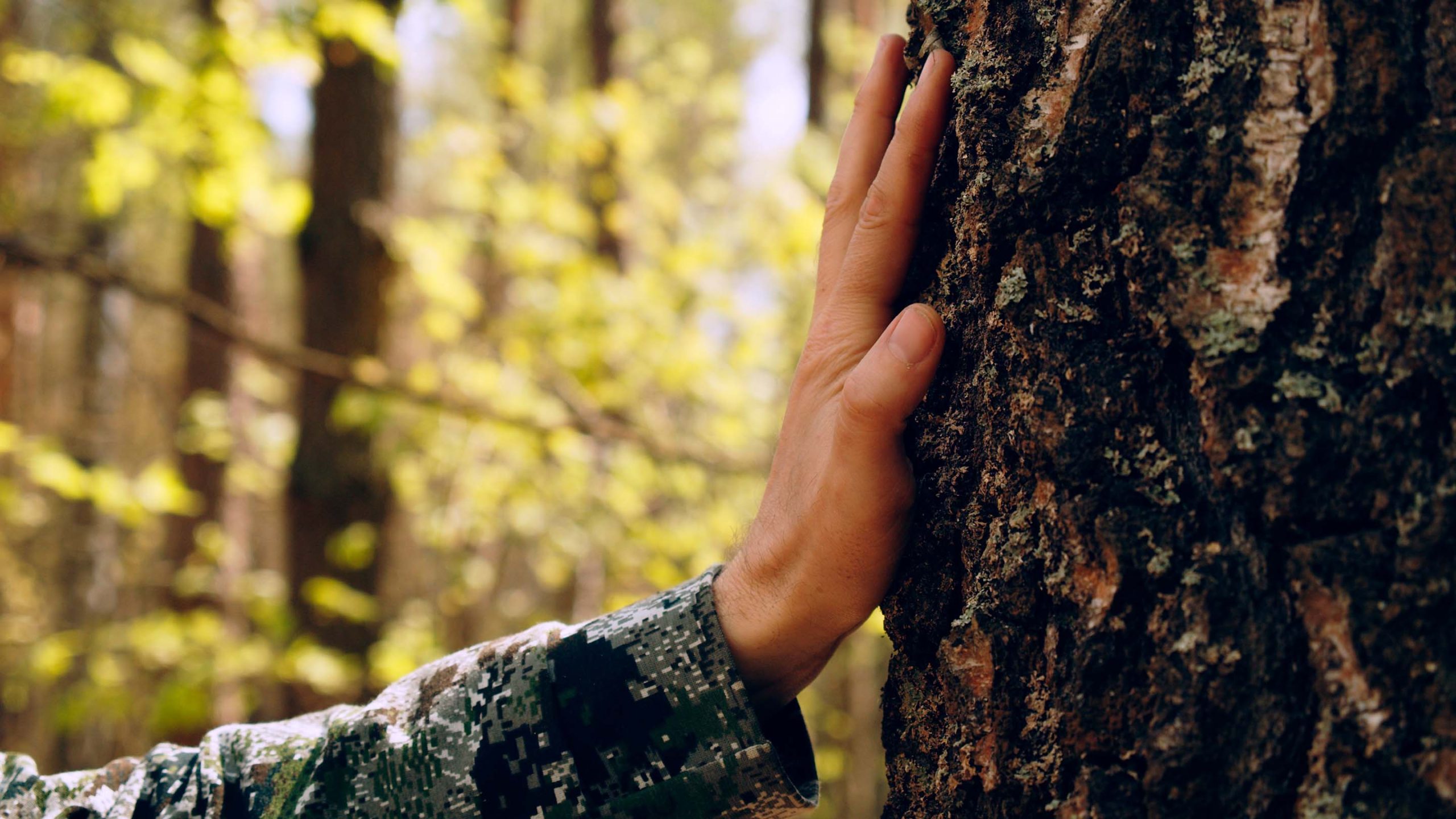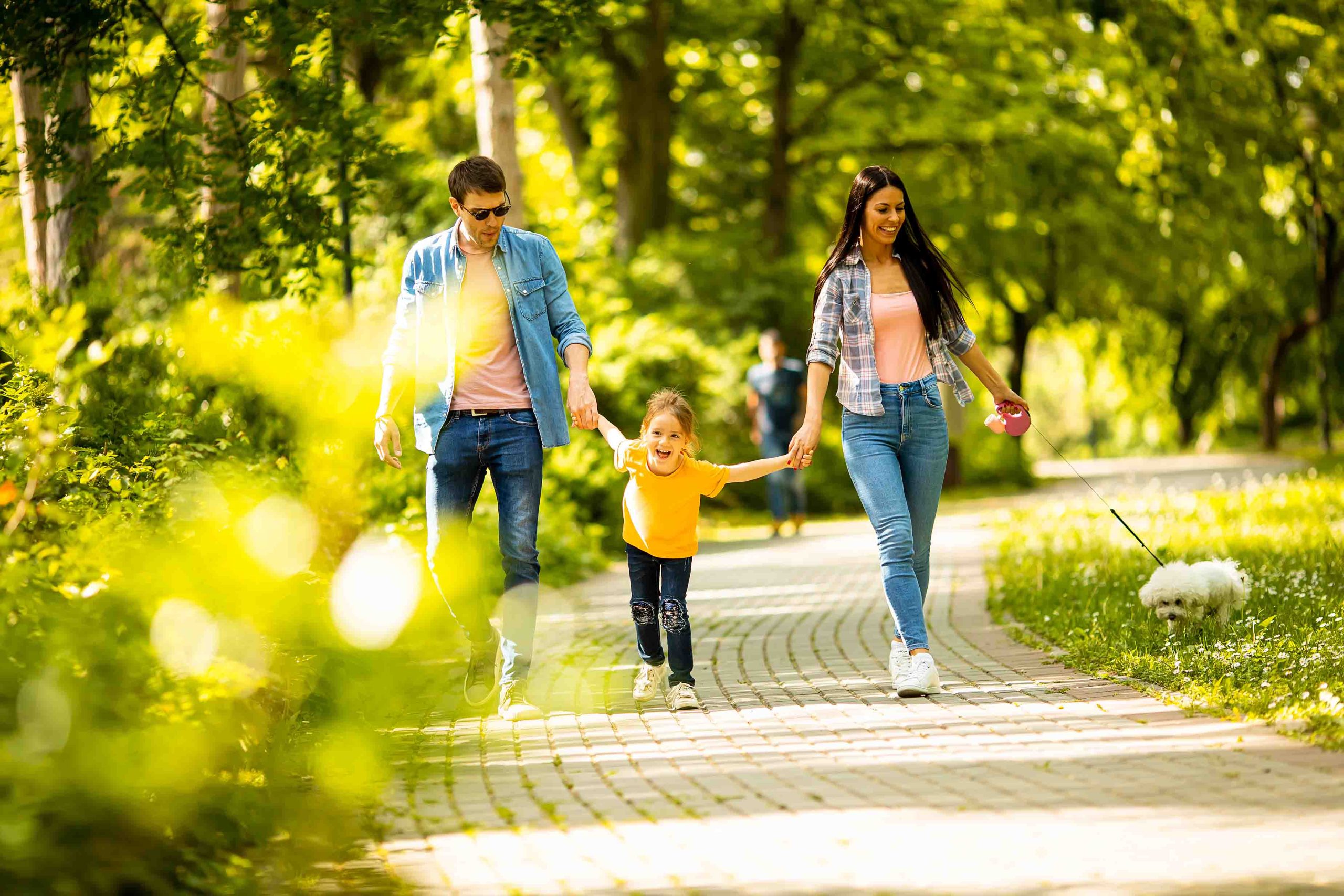In the midst of the hustle and bustle of everyday life, it’s easy to lose sight of the importance of connecting with nature. However, nature offers much more than just a beautiful backdrop for our lives. It’s an invaluable resource that has the power to transform our health and well-being in ways that we often overlook. From tranquil forests to majestic mountains and serene beaches, nature provides a rejuvenating refuge that can revitalize both our bodies and minds. In this article, we will delve deeply into the various benefits that nature has to offer, supported by science, and how these experiences can positively impact our physical and mental health.

Improves Mental Health
Connecting with nature has been shown to have a positive impact on mental health. According to a study published in the Environmental Health and Preventive Medicine journal, spending time outdoors reduces levels of stress and anxiety in individuals. The tranquility and serenity experienced in natural environments can decrease the activity of the amygdala, the brain region associated with processing fear and stress. Additionally, nature offers a unique sensory stimulus that can improve mood and reduce symptoms of depression. The sight of natural landscapes, the sound of the wind through the trees, and the scent of fresh grass can calm the mind and promote a sense of inner peace. Moreover, numerous studies have shown that people who spend time in nature have higher self-esteem and a sense of connection with the world around them.

Promotes Physical Well-being
Being in nature also improves physical health. Engaging in outdoor activities such as walking, hiking, or cycling helps maintain an active lifestyle and reduces the risk of cardiovascular diseases, type 2 diabetes, and obesity. A study from the University of East Anglia found that living near green areas was associated with a lower risk of obesity and related diseases. Additionally, exposure to sunlight helps our bodies synthesize vitamin D, essential for bone health and immune system function. Nature also provides a conducive environment for practicing deep breathing exercises and meditation, which can improve cardiovascular health and reduce blood pressure. Natural environments also offer opportunities for engaging in challenging physical activities, such as mountain climbing or whitewater rafting, which can strengthen the body and improve coordination and balance.
Strengthens the Immune System
Exposure to natural environments strengthens our immune system. Inhaling phytoncides, compounds released by trees and plants, increases the activity of natural killer cells, which are key to combating viruses and cancer cells. Additionally, nature provides an escape from environmental pollutants present in urban environments, reducing the burden on the immune system and promoting overall better health. Research has shown that people who spend more time in nature have a stronger immune system and are less likely to contract infectious diseases.
Fosters a Healthy Lifestyle
Connecting with nature inspires positive changes in our lifestyle. People who spend time outdoors tend to be more physically active, eat healthier, and sleep better. Exposure to natural light during the day helps regulate the circadian rhythm, improving sleep and mood. Nature also connects us with natural cycles, reminding us of the importance of moderation and balance in our lives. Spending time outdoors often motivates people to engage in physical activities and adopt healthier lifestyle habits, such as a balanced diet and regular exercise.

Promotes Social Connections
Being in nature facilitates meaningful social interactions. Sharing a hike with friends or participating in outdoor community activities creates an environment conducive to connecting with others. These social connections are vital for our emotional well-being, providing emotional support and a sense of belonging. Additionally, nature teaches us to value and respect the natural world and to work together to protect and preserve our environment for future generations. Cooperation and teamwork are fundamental aspects of many outdoor activities, fostering the building of strong and lasting relationships.

Enhances Creativity and Concentration
Spending time in nature, away from the distractions of urban life, has been shown to improve creativity and concentration. The natural beauty and serenity of the environment can stimulate the mind and enable clearer and more creative thinking. Additionally, being surrounded by nature can reduce mental fatigue and improve attention and memory capacity.
In summary, connecting with nature is much more than just a simple distraction from everyday life. It’s a powerful tool for improving our health and well-being on all levels. From reducing stress and anxiety to strengthening our immune system and promoting a healthier lifestyle, the benefits of spending time in nature are countless and supported by a growing body of scientific evidence. Therefore, the next time you feel exhausted or overwhelmed, consider taking a moment to immerse yourself in the natural world around you. Nature is waiting to transform your health and well-being, and all you need to do is take the first step towards it.
Here are some tips to facilitate contact with nature, even if you live in a city like Madrid, with little time and difficulties in balancing work and life:
- Urban Parks: Madrid boasts a wealth of urban parks, such as Retiro Park or Casa de Campo Park, where you can escape the city's hustle and bustle and enjoy nature without venturing too far.
- Botanical Gardens: Visiting the Madrid Botanical Garden is another excellent way to connect with nature. You can explore a wide variety of plants and trees in a peaceful and relaxing environment.
- Hiking in the Surroundings: On the outskirts of Madrid, there are many hiking trails that offer a quick escape to nature. You can take advantage of weekends or even occasionally take a day off to explore these trails and enjoy the fresh air and natural beauty.
- Short Walks: Take advantage of any opportunity to take short walks outdoors, even during lunch breaks or after work. Even a few minutes in a nearby park can have a positive impact on your mood and well-being.
Remember, it’s not about the amount of time you spend in nature, but the quality of the experience. Every little contact with the natural world can make a difference in your overall health and happiness. Nature is waiting to transform your health and well-being, and all you need to do is take the first step towards it.
References:
- Li, Q., et al. (2010). Visiting a forest, but not a city, increases human natural killer activity and expression of anti-cancer proteins. Journal of Biological Regulators and Homeostatic Agents, 24(2), 157-165. Link
- Bowler, D. E., et al. (2010). A systematic review of evidence for the added benefits to health of exposure to natural environments. BMC Public Health, 10(1), 456. Link
- Twohig-Bennett, C., & Jones, A. (2018). The health benefits of the great outdoors: A systematic review and meta-analysis of greenspace exposure and health outcomes. Environmental Research, 166, 628-637. Link
- Mitchell, R., & Popham, F. (2008). Effect of exposure to natural environment on health inequalities: an observational population study. The Lancet, 372(9650), 1655-1660. Link
Abouth the author
Barbara Osset is a Clinical Psychologist at Sinews, with an integrative therapeutic approach. Specializing in children, adolescents, and adults, she works with various issues such as anxiety, depression, self-esteem, and interpersonal relationships. While her primary training is in cognitive-behavioral therapy, she adapts her approach according to each patient’s individual needs, incorporating tools from mindfulness, attachment theory, systemic therapy, and humanistic therapies. Barbara emphasizes the importance of the therapeutic relationship as a key element in the process of change. She strives to build a strong therapeutic alliance with each patient, creating a safe and trusting space where they can explore and work through their difficulties.
Division of Psychology, Psychotherapy and Coaching
Psychologist
Children, adolescents and adults
Languages: English and Spanish

